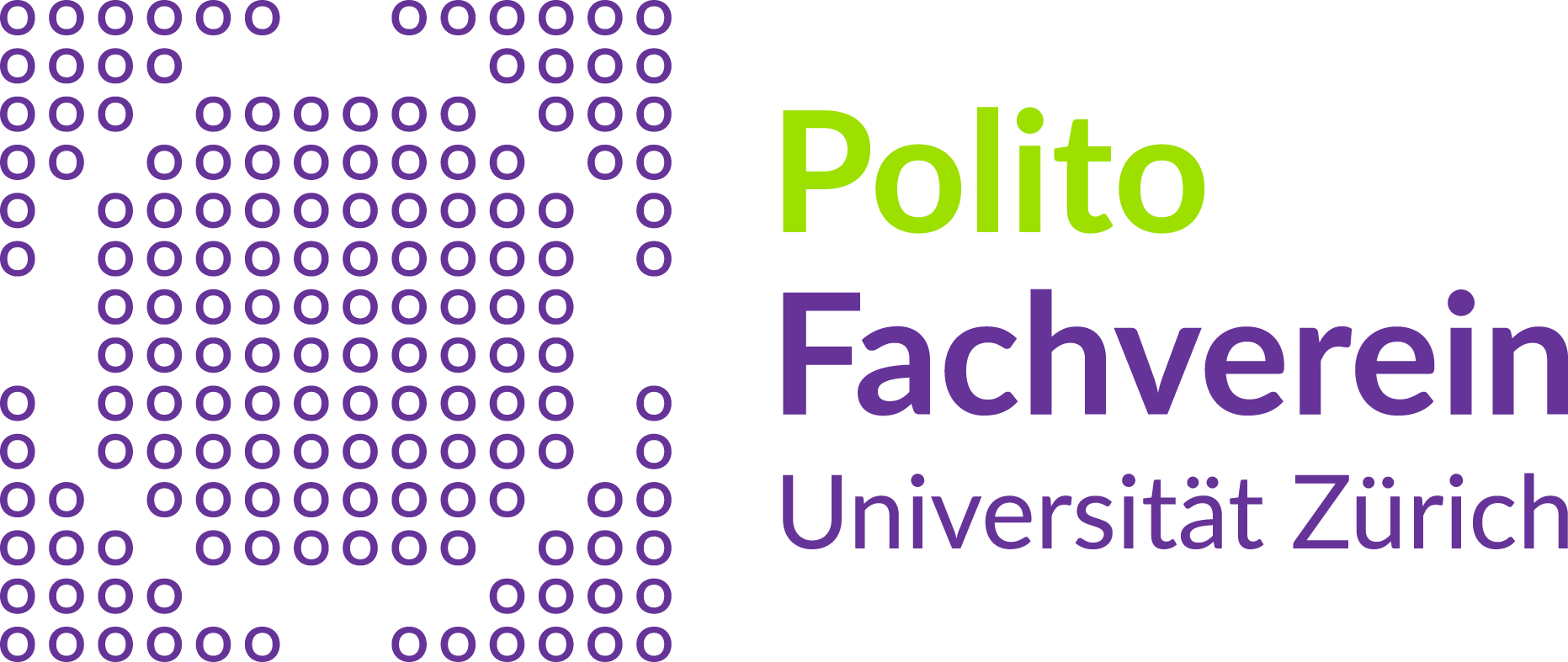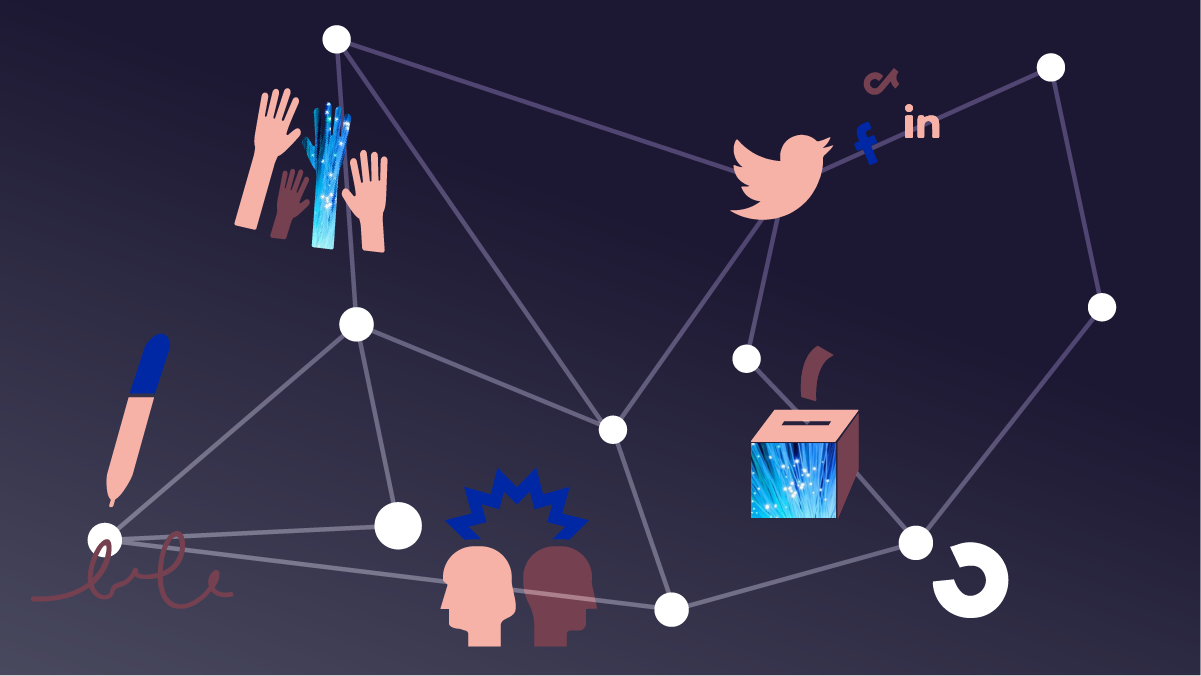Prof. Walter Quattrociocchi will present his research on «Opinions, Polarization and other Monsters» at the DSI Democracy Community Event on 25 March 2024, followed by a Q&A session and an apéro. The event is co-organised with Prof. Alexandre Bovet from the Department of Mathematical Modeling and Machine Learning.
«Opinions, Polarization and other Monsters» with Prof. Walter Quattrociocchi.
Join us on Monday, 25 March 2024, from 16:15 to 17:15 at the University of Zurich Campus Irchel, Room Y15-G-19, for an insightful event and Q&A session, followed by an apéro!
The event is co-organised by the DSI Democracy Community and Prof. Alexandre Bovet from the Department of Mathematical Modeling and Machine Learning.
Register here: https://www.eventbrite.ch/e/opinions-polarization-and-other-monsters-tickets-850762973957?aff=oddtdtcreator
See the summary of the event below:
Do echo chambers exist on social media? By focusing on how both Italian and US Facebook users relate to two distinct narratives (involving conspiracy theories and science), we offer quantitative evidence that they do. The explanation involves users’ tendency to promote their favored stories and hence to form polarized groups. Confirmation bias helps to account for users’ decisions about whether to spread content, thus creating informational cascades within identifiable communities. At the same time, aggregation of favored information within those communities reinforces selective exposure and group polarization. We provide empirical evidence that users tend to assimilate only confirming claims and ignore apparent refutations because they focus on their preferred narratives.
The COVID-19 pandemic was the perfect storm for this phenomenon and the WHO coined the term infodemics to refer to the overabundance of information. We explored these processes during the pandemics’ initial phase finding that reliable and questionable information spread similarly. We conclude the presentation by showing how different social media platforms (Facebook, Twitter, Gab, and Reddit) elicit very different polarization dynamics.
Prof. Walter Quattrociocchi is Full Professor at Sapienza University of Rome, leading the Center of Data Science and Complexity for Society (CDCS). His research interests include data science, network science, cognitive science, and data-driven modeling of dynamic processes in complex networks. His activity focuses on the data-driven modeling of social dynamics such as (mis)information spreading and the emergence of collective phenomena. Prof. Quattrociocchi coordinated some of the foundational works about information spreading and social dynamics and has published extensively in high-quality peer-reviewed conferences and journals, including PNAS.





